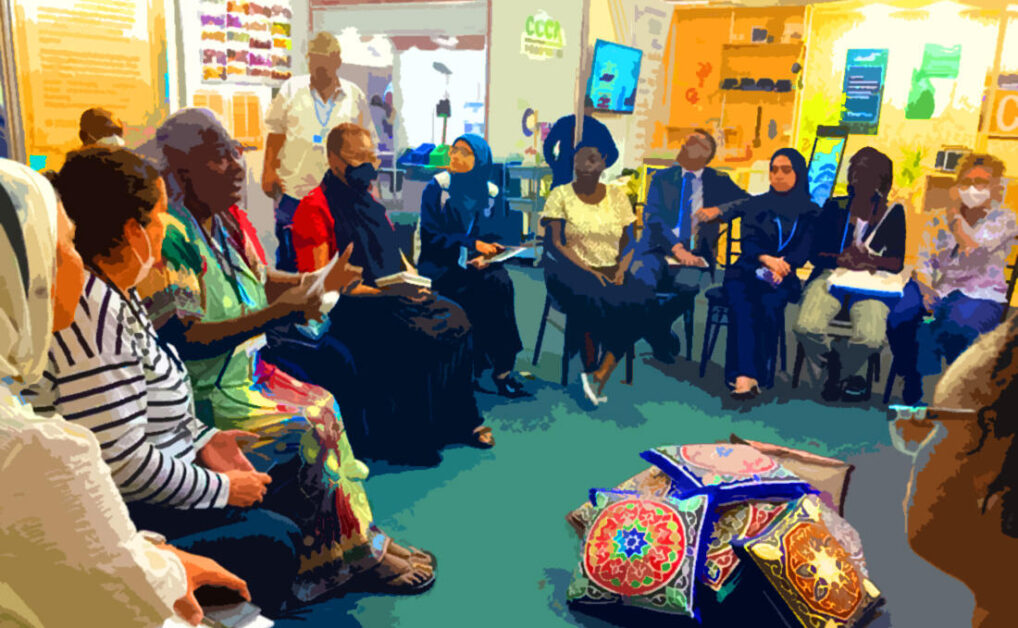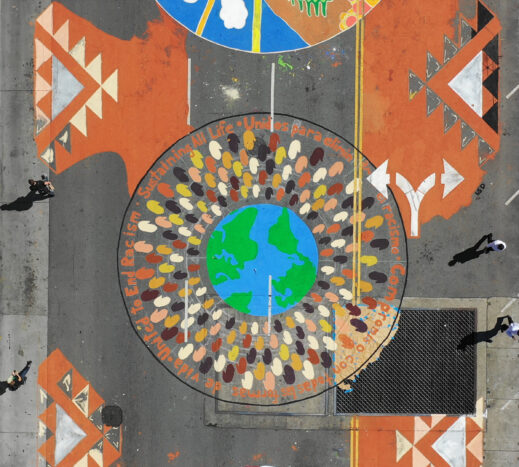
The climate crisis and racism are deeply connected. In order to turn the climate crisis around and provide a safe and healthy environment for all people, we will need to address both. People of color and Native/Indigenous people make up the majority of the world’s population. They tend to do the least amount of damage to the environment, yet they experience the greatest harm from environmental degradation. They also tend to be the most motivated and aware of the damage and what needs to be corrected. Governments and corporations of the Global North have extracted the planet’s resources for economic benefit. This exploitation of the majority of the world’s people and the planet for the benefit of a small minority has led us to the existential crisis our species is facing.
In this workshop we will:
1. Share how racism intersects with the climate crisis both on a societal level and an interpersonal level.
2. Examine the ways that racism contributes to the unequal destructive effects of the climate crisis on people of color and Native/Indigenous people and affects our efforts to eliminate the climate crisis.
3. Look at the ways that racism damages us all, regardless of race and culture.
4. Share tools for building relationships within and across racial lines that enhance our efforts to end racism and build a strong climate movement.
Those historically in positions of power to address the climate crisis have been primarily white men and majority-white climate organizations. Many of their decisions have been made without considering people from cultures who have a wealth of knowledge about a healthy relationship with our planet. The absence of those voices slows our progress. The climate movement cannot solve the climate crisis without people of color and Native/Indigenous people. In order to fully back the inclusion and leadership of people of color and Native/Indigenous people, we must heal from the hurts that have separated us. This means addressing the domination, fear, distrust, and other effects of racism that keep white people from engaging with these communities and also divides people of color from each other.
This workshop shares the theory and tools of Sustaining All Life and United to End Racism, two projects of Re-evaluation Counseling. These tools can be useful in building a unified movement for eliminating these two threats to humanity and the environment.
followed by Healing Circle (optional)
11:30am – 12:30pm
Healing circles based on shared experiences give people a chance to be listened to about feelings connected to climate change. Having the chance to share feelings of grief, fear, anger, discouragement, and hope in a mutually supportive group can refresh us and give us new ideas for action.


